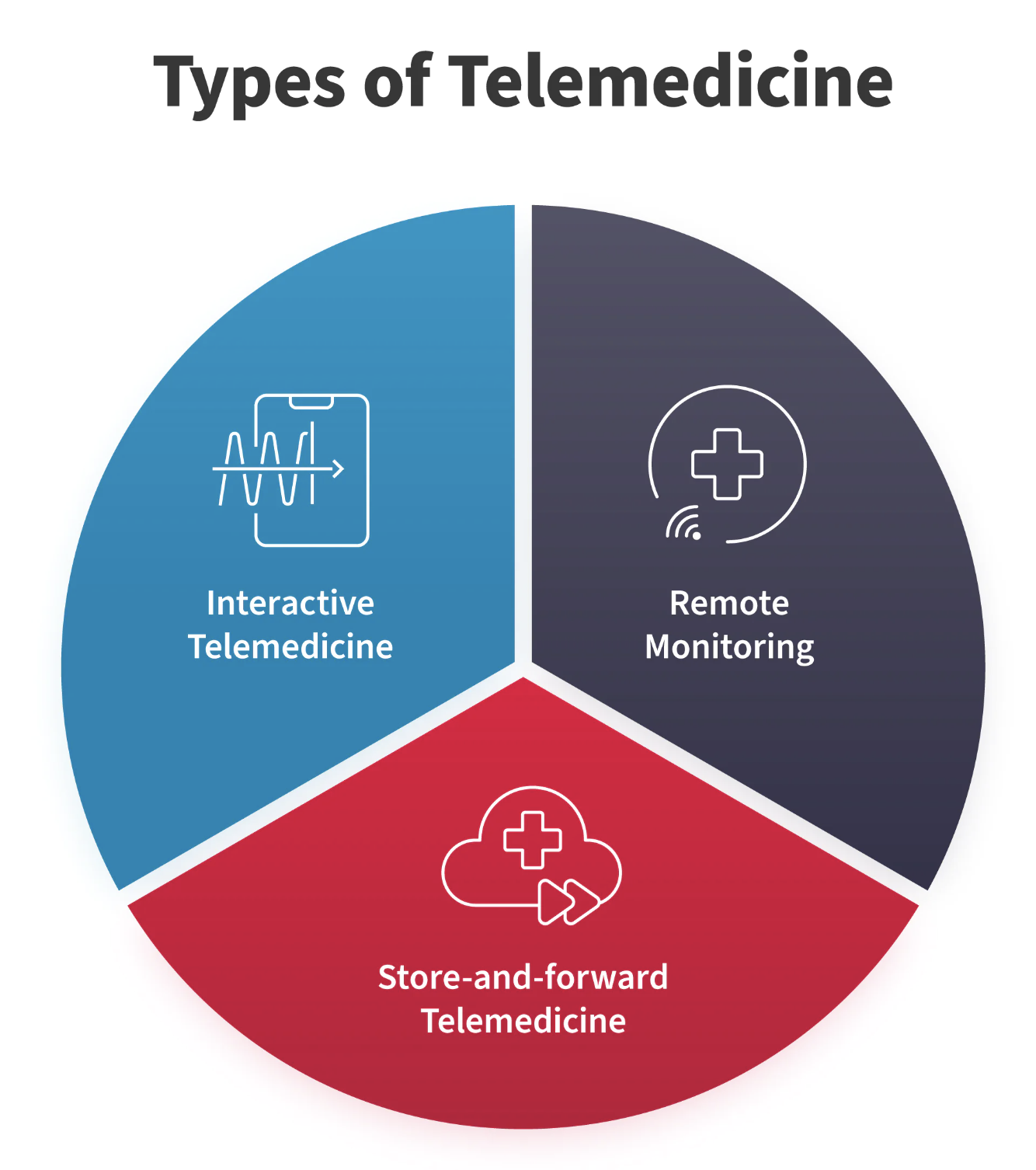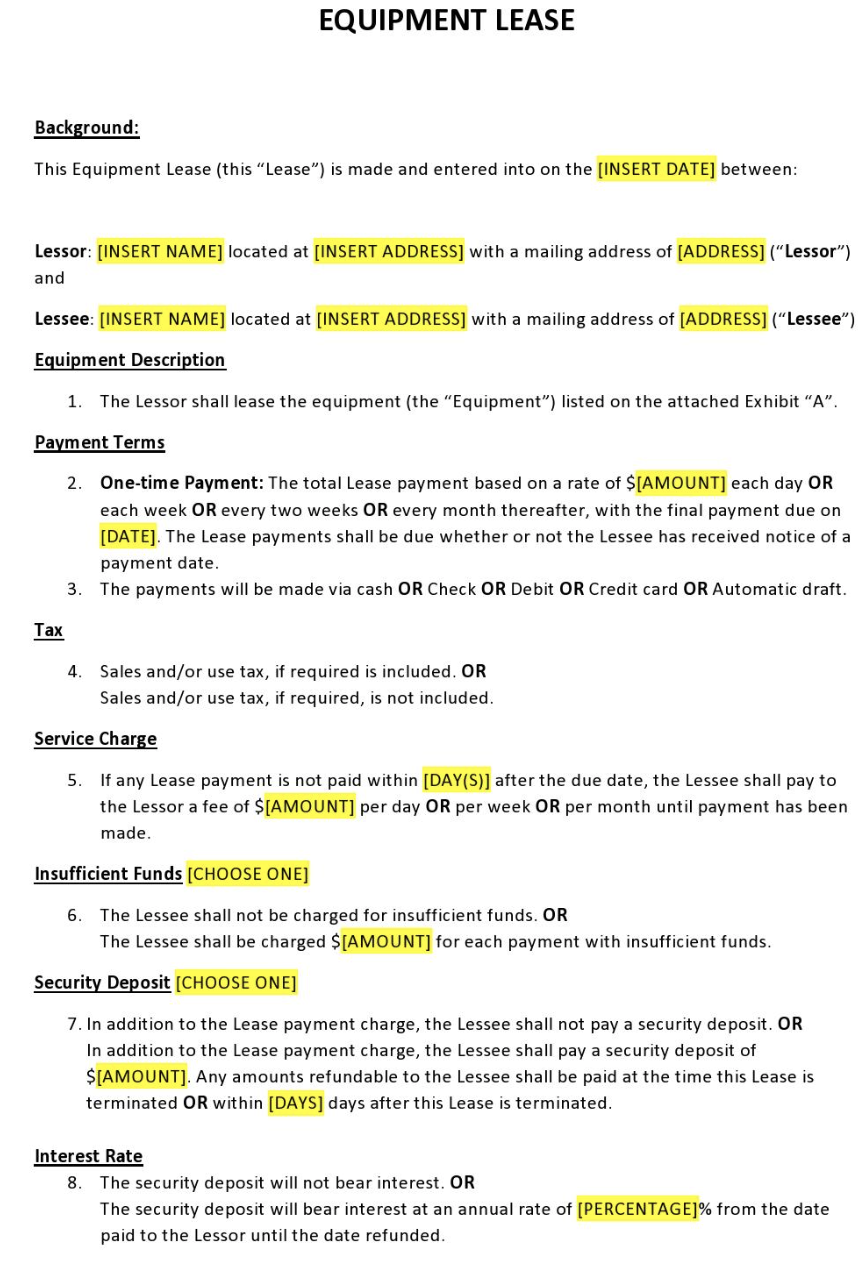8 Types of Healthcare Contracts You Should Know About
Feb 15th, 2024
Contract administration software has become an essential tool in modern business practices, offering significant improvements in efficiency and cost savings. Among the world’s top global enterprises, 90% already rely on contract administration software as of 2023, highlighting its widespread adoption across various industries.
By streamlining contract processes with modern software capabilities, businesses can save on contract administration costs while also increasing the accuracy and efficiency of their processes. The increasing adoption of contract management systems across major enterprises further signifies their importance in the current business landscape. This blog covers the top 8 features that make contract administration software a must-have tool for businesses.
Key Takeaways
- Contract administration software is integral for modern businesses, improving efficiency and cost management through digital tools.
- Automated workflows and centralized document storage in such software are key features to streamlining contract lifecycles and enhancing accessibility.
- Robust security and compliance measures within the software protect sensitive data and ensure adherence to legal standards.
😉 Bonus: Check out our guide on Best Practices for Identifying & Mitigating Contract Risk
Healthcare Contract Management: 8 Critical Healthcare Contract Types
Healthcare organizations and companies can use these 8 important contract types as a foundation for contract management in the industry.
-
Physician Employment Contracts
Physician employment contracts are a fundamental part of most healthcare operations. These contracts define:
- Terms of employment
- Compensation
- Duties
- Duration of the agreement between the healthcare provider and the physician
Physician employment contracts ensure all parties have clear expectations and that providers deliver care according to consistent standards. They also address potential dispute issues like malpractice insurance, non-compete clauses, and termination conditions, thereby safeguarding both the physicians’ and the institution’s interests.
-
Managed Care Contracts
Managed care contracts are agreements between healthcare providers and insurance companies to furnish medical services to a specific patient population. These contracts dictate:
- Reimbursement rates
- Service scope
- Quality standards expected from healthcare providers
Healthcare facilities can demonstrate their financial viability and secure patient access to necessary services by negotiating favorable terms in managed care contracts. However, managed care contracts require meticulous attention to detail to avoid non-compliance with policy provisions and billing procedures.
-
Telehealth Service Agreements

Image Source: https://nix-united.com/blog/telehealth-how-does-it-work-and-how-to-implement-properly-in-your-business/
Telehealth service agreements have become an increasingly significant type of healthcare contract since the pandemic, with 25% of patients now using remote healthcare services annually, compared to just 5% in 2019. These contracts establish:
- Terms of service delivery
- Technology usage
- Patient privacy
- Provider responsibilities
Telehealth service agreements enable healthcare facilities to extend their services to remote locations, improving access to care while simultaneously throttling costs. Telehealth agreements also require legal language to address regulatory compliance, as telehealth is subject to various state and federal data privacy laws.
-
Health Insurance Provider Agreements
Health insurance provider agreements determine care access and funding. These contracts exist between healthcare facilities and insurance companies, and they establish:
- Reimbursement rates
- Patient coverage
- Billing protocols
Provider agreements play a significant role in the financial health of medical institutions by setting the terms that compel insurance providers to pay for care. Careful management of these agreements helps healthcare providers receive timely and correct payments for services rendered.
-
Vendor Supply and Service Contracts
Vendor supply and service contracts apply to procuring medical supplies, pharmaceuticals, and the support services hospitals require.
Some of the other supplies and services organizations may outsource include:
- Information technology
- Software licensing and development
- Legal services
- Marketing
- Cleaning services
These contracts cover delivery terms, pricing, quality standards, and payment conditions. Effective management of these contracts can help consistently supply necessary items and prevent avoidable shortages and compromises in patient care.
-
Confidentiality and Non-Disclosure Agreements
Confidentiality and non-disclosure agreements protect sensitive patient data and proprietary information. In the healthcare sector, maintaining confidentiality is both a strict legal requirement and a critical component of patient trust. These contracts between healthcare entities and their employees or partners create legal obligations to safeguard personal health information.
Confidentiality and non-disclosure agreements often include provisions for:
- Patient privacy
- Medical research confidentiality
- Medical procedure confidentiality
- Health Insurance Portability and Accountability Act (HIPAA) compliance
- Confidentiality for new healthcare facilities or services
- Business transactions
- Breach penalties
Compliance with these agreements minimizes legal penalties and fines and helps maintain the integrity of healthcare provider operations.
-
Medical Equipment Lease Agreements

Image Source: https://templatelab.com/equipment-lease-agreements/
Healthcare providers often need specialized medical equipment on a temporary basis. Medical equipment lease agreements outline the terms under which healthcare providers rent medical equipment their facilities lack. Such contracts specify:
- Lease duration
- Payment terms
- Maintenance responsibilities
- Conditions for renewal or purchase
Given the high costs associated with medical equipment, leasing can be a cost-effective option for healthcare facilities to access the latest technology without the financial burden of upfront purchases. Proper management of these leases is crucial for budgeting and ensuring uninterrupted patient care services.
-
Partnership and Shareholder Agreements in Healthcare Practices
Partnership and shareholder agreements define the structure, governance, and financial arrangements of a healthcare practice among its owners. These contracts clarify the decision-making processes, profit distribution, and responsibilities of each partner or shareholder. They also detail the protocols for adding new partners, dispute resolution, and the exit strategy for current partners. Proper formulation and management of these agreements can smooth operation and growth of healthcare practices so all parties align with the practice’s goals and understand their rights and obligations.
Comprehensive Contract Management Capabilities with Contract Logix
Regardless of the specific types of contracts your organization manages, you need the tools to do the job effectively and without wasting time and resources on repetitive, clerical tasks. Contract Logix’s comprehensive contract management platform provides a full suite of contract management tools with versatile features for automation and AI assistance to streamline your contract processes.
Get a personalized demo of our contract management software and see how it can transform your operations.
Looking for more articles about Contract Management? Check out our previous article “The Top Must-Have Features in Contract Administration Software“.
Navigate CLM Success With Contract Logix
Download our Data Extraction Product Brief to learn how you can begin to navigate CLM success by automating the hard work using artificial intelligence with one of the best Contract Management Software’s on the market today


